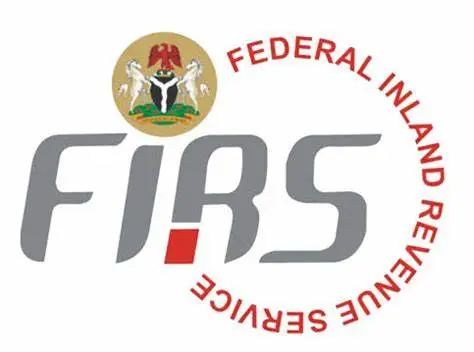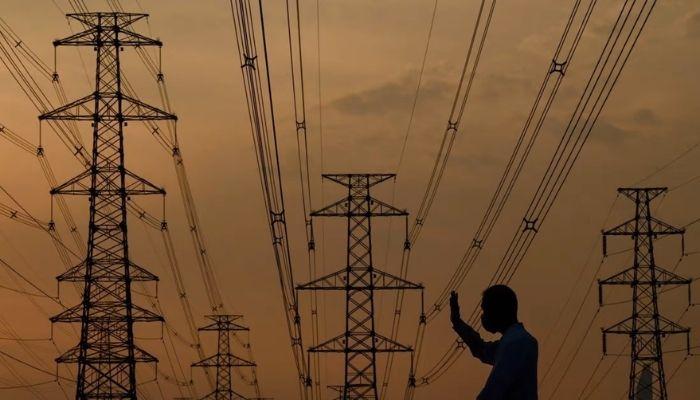FIRS Sets Ambitious N19.4trn Revenue Target for 2024
In a bold move aimed at shoring up government finances and supporting public spending, the Federal Inland Revenue Service (FIRS) has set an ambitious target of N19.4 trillion for tax revenue collection in 2024. This represents a significant increase of 56.9% from the previous year’s actual revenue of N12.37 trillion and 67.91% from the 2023 target of N11.56 trillion.
The FIRS Chairman, Zacch Adedeji, announced the new target at the agency’s 2024 management retreat held in Abuja on Wednesday. He expressed confidence in the agency’s ability to achieve this ambitious goal, citing the success of the 2023 revenue collection efforts, which surpassed the target by N816 billion.
“We surpassed our target in 2023, and we are confident that we can achieve even more in 2024,” Adedeji said. “We have put in place a number of strategies to improve tax collection, including the use of technology, data analytics, and taxpayer education.”
The ambitious target is likely to raise eyebrows, given the current economic headwinds facing Nigeria, including rising inflation and a depreciating currency. However, the FIRS believes that the target is achievable by focusing on key sectors of the economy, such as the oil and gas industry, the financial sector, and the telecommunications industry.
The agency also plans to improve tax compliance by cracking down on tax evasion and avoidance. It will also leverage technology to streamline tax administration and make it easier for taxpayers to comply with their obligations.
The success of the FIRS’s ambitious target will be crucial for the Nigerian government, which is facing increasing pressure to fund its growing budget. The additional revenue could be used to improve infrastructure, invest in education and healthcare, and reduce the country’s reliance on oil revenue.
However, some analysts warn that the FIRS may face challenges in achieving its target. They point to the current economic slowdown and the large informal sector, which is difficult to tax. They also express concerns about the potential for increased tax burden on ordinary Nigerians.
Despite the challenges, the FIRS’s ambitious target is a positive sign for the Nigerian economy. It shows that the government is committed to improving tax collection and reducing its reliance on oil revenue. If the FIRS is able to achieve its target, it could lead to a more stable and sustainable economy for Nigeria in the long run. Analytics, Taxpayer Education.








